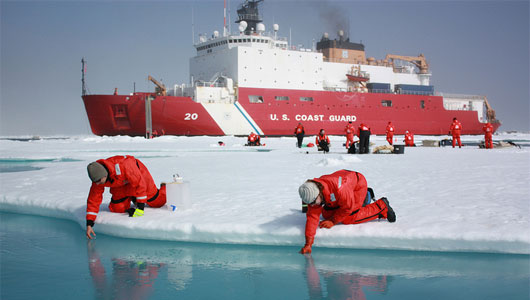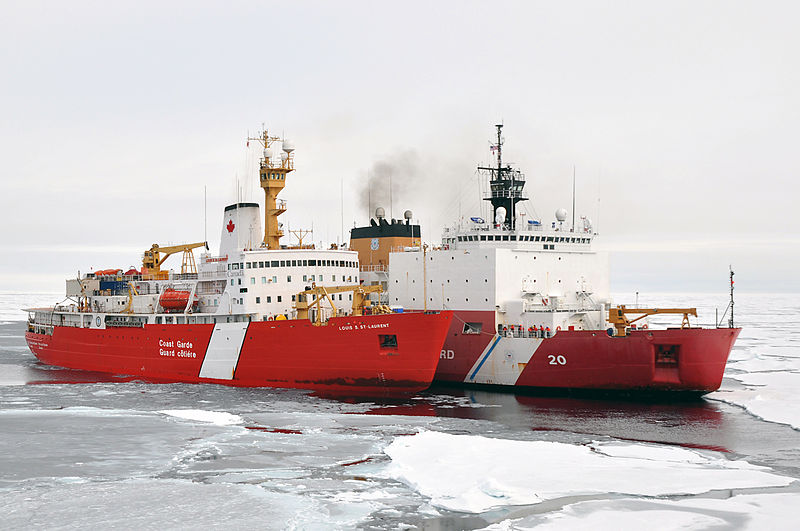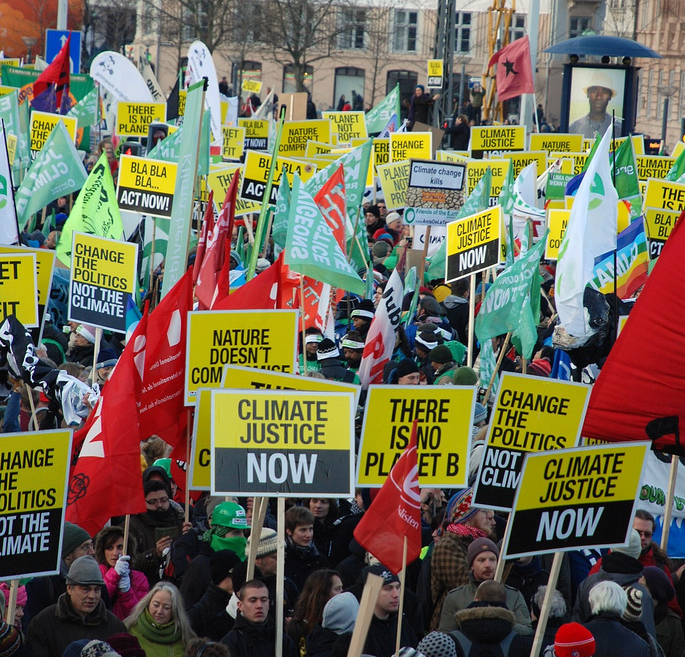In 2013, the Arctic Council admitted six new observer states, but one bid in particular did not get through: that of the European Union. The EU currently has three member states who are members of the Arctic Council: Denmark, Finland and Sweden. Additionally, a number of European countries serve as observers: France, Germany, The Netherlands, Poland, Spain, United Kingdom and Italy. The prevalent reality, therefore, is that although the EU itself did not merit a seat at the table, Europe’s most influential countries have either a direct or an indirect connection to the Arctic, and the Arctic Council is critical for the development of a viable EU stance and policy on the region.
A coordinated EU policy on the Arctic would not only streamline interests, but also improve Europe’s overall capacity to be a productive member in the region’s politics.
The EU’s Arctic policy is a work in progress, built around three main areas: protecting and preserving the Arctic in unison with its population, promoting the sustainable use of resources, and international cooperation.
The primary focus on these three areas emphasizes scientific research and environmental monitoring, socio-economic development, and the security of shipping. The EU’s primary interest in the region is economic, as 90% of its trade also happens via maritime routes. The EU has several avenues of cooperation available to it. These include using the UN Convention on the Law of the Seas as a foundation for Arctic relations, expanding the prominence of the Arctic Council, or the creation of an ad-hoc multilateral intergovernmental arrangement that would negotiate the scope of EU involvement in the Arctic.

Much of the EU’s contribution to the Arctic is monitoring and scientific research, most significantly in terms of space-based monitoring and the use of European Space Agency resources to both manufacture and launch satellites, as well as analyzing the data that is received. The information is extremely valuable not just for scientific forecasting and understanding how the Arctic environment changes, but also with respect to real-time weather forecasting, shipping access, and investment planning.
The larger rationale for incorporating the EU into Arctic relations is because it is a net energy importer and a large exporter of goods and services. Already, it is estimated that 13% of oil supplies and 30% of undiscovered gas supplies are above the Arctic Circle. As recent events in Ukraine, Syria and North Africa demonstrate, the security of energy supplies is very much reliant on the geopolitical and political stability of a region – a fact that makes EU involvement in the Arctic gives the Arctic yet another advantage in the way of considering further EU involvement.
As mentioned prior, 90% of EU trade happens via maritime routes. On economic rationale alone, shipping via the Mediterranean, Suez Canal and Indian Ocean on the way to Asia is a route that is up to 30% longer than shipping through the Northwest Passage. Even part-time access in the near future, with a longer-term strategy for year-round access to the Arctic will lower prices along the entire supply chain and increase the efficiency of business relations. In this perspective, it is not coincidental that India, Japan, South Korea and China have all become observers of the Arctic Council as the benefits of access are global, not just local.
Already, much of Europe is involved in Arctic affairs on the state level, as well as the intergovernmental level. A coordinated EU policy on the Arctic would not only streamline interests, but also improve Europe’s overall capacity to be a productive member in the region’s politics. On a larger scale, the benefits and pitfalls of the Arctic have a global impact and they can only be addressed through a deep horizontal and vertical effort, in order to preserve the sustainability of the Arctic.
The next article in this series will address how the EU can help in ensuring the sustainable development of the Arctic, with an extra-regional dimension to the problem




